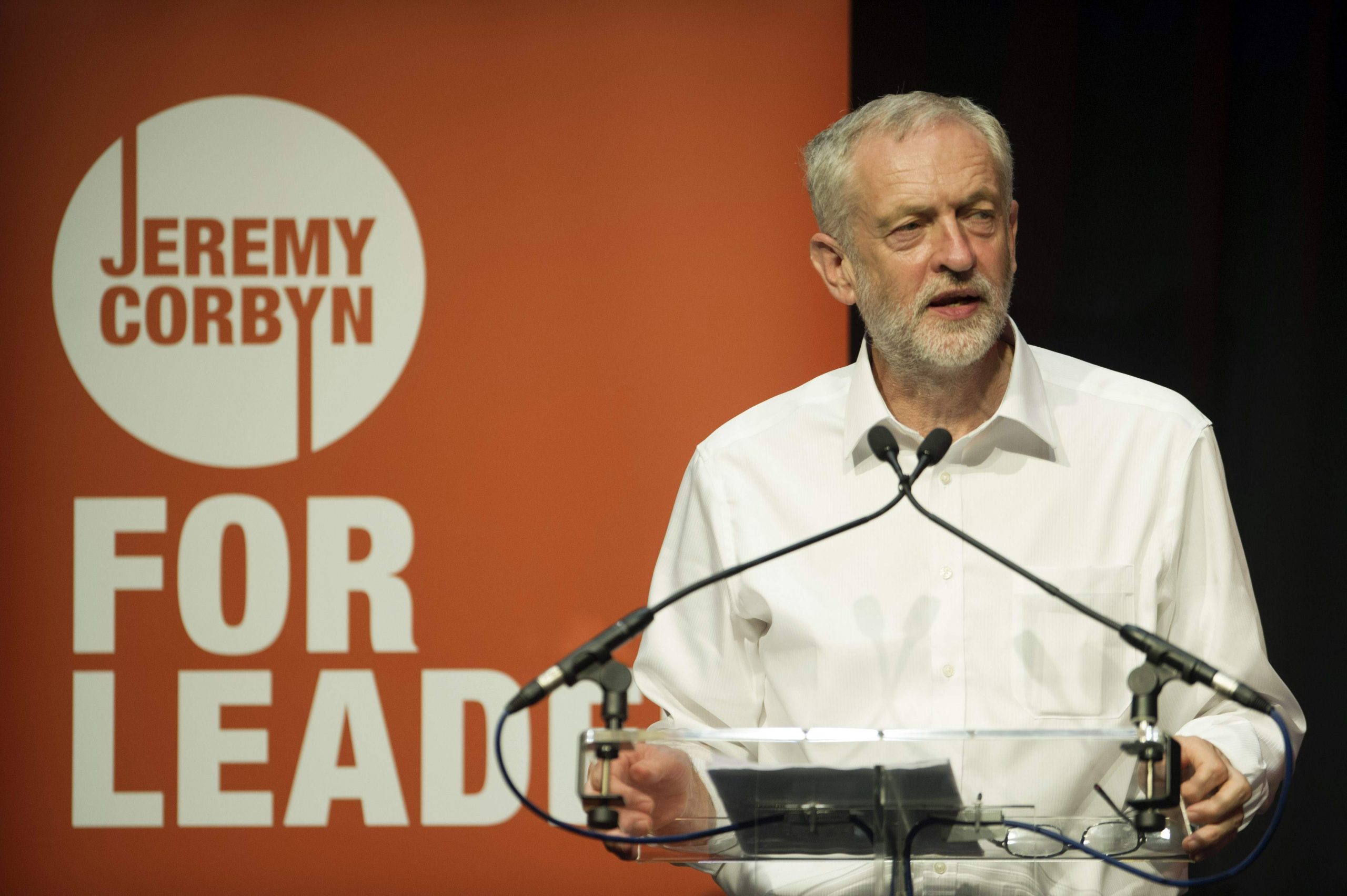
One of the biggest challenges Jeremy Corbyn will face if elected Labour leader is bridging the divide between the party’s MPs (only around 20 of whom will vote for him) and its members. The opposition of most of the PLP to Corbyn has led to fears that he will bring back mandatory reselection if victorious. In 1981, at the height of Bennite influence, this mechanism was introduced with the intention of enabling left-wing activists to remove right-leaning MPs (or at least force them to change their policy stances). Twenty five years after it was abolished under Neil Kinnock, some fear it will be resurrected under Corbyn.
But a spokesman for the Labour leadership frontrunner told The Staggers that “he will not introduce mandatory reselection” if elected and will not not endorse moves to “depose sitting MPs” (for instance through the use of “trigger ballots“). The announcement is a signal that Corbyn would seek unity, rather than 1980s-style division. But the bigger question of how MPs relate to a party that has been fundamentally changed by the leadership election remains. In an essay in a new Fabian Society pamphlet, Corbyn proposes giving members far greater influence over policy.
“We cannot simply make policy at party conference once a year,” he writes. “We need to review our policy-making process to ensure that it is inclusive, accessible, participatory and able to take democratic decisions quickly.” But how he will manage a PLP that disagrees with so many of the policy stances he has taken (whether endorsed by members or not) remains an open question.





